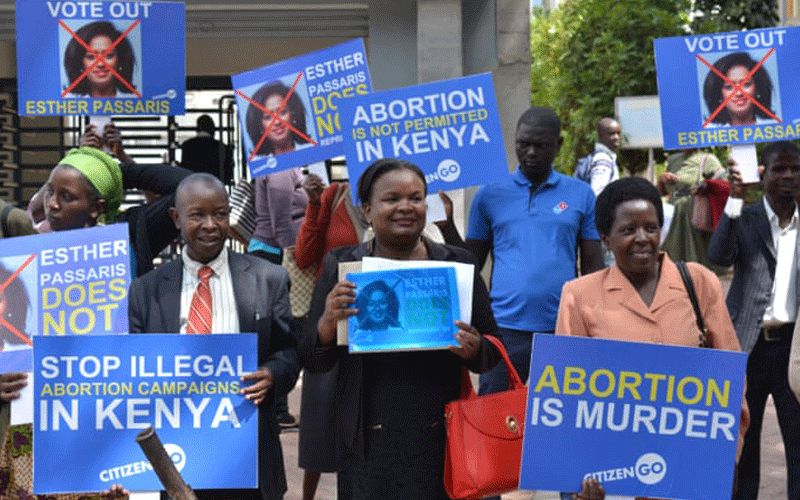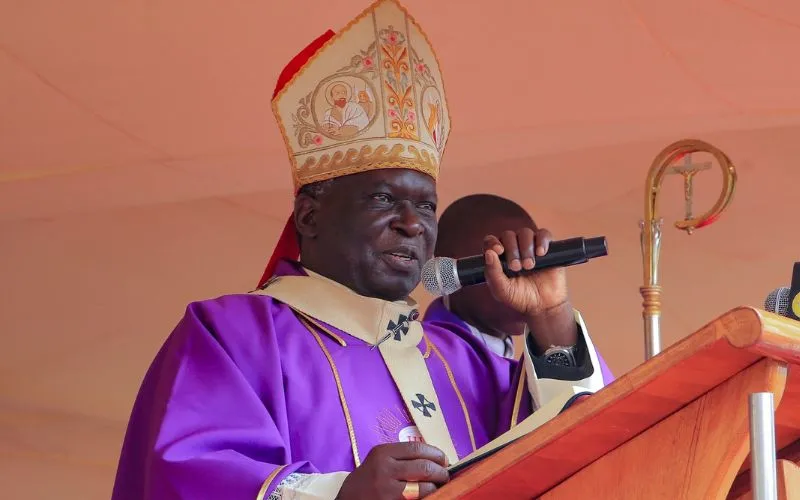“It (Bill) speaks of Sexual and Reproductive Health and Rights, when in fact it simply wishes to introduce in Kenya unhealthy practices,” they say and clarify their contestation, “In the past decades, these words have been redefined by various UN agencies to encompass controversial sexual and abortion rights, including for young children.”
The Bishops also contest the meaning given by the Bill to "pregnancy" as "the presence of a foetus in the womb," a definition they say when read along with the proposed law’s provisions on termination of pregnancy “fly in the face” of Article 26(1) and (2) of the country’s Constitution, which guarantees every person the right to life and hold that the life of a person begins at conception.
The provisions in the Bill amplify the ambiguity of Article 26(4) of the Kenyan Constitution, which allows for abortion only in a medical emergency, a clause that was highly contested in the pre-referendum phase on the Constitution in 2010, the Catholic Church leaders recall.
The Bill’s call for the Ministry of Education to "integrate into the education syllabus age appropriate information on reproductive health” is also contested.
According to the Bishops, the term “age appropriate” is no longer the “once effective modifier that served to protect children from exposure to harmful and explicit sexuality education.”
The term “age appropriate” has become the most effective strategy used by sexual rights activists to get comprehensive sexuality adopted in policy and legislation, they underscore.
“It is these sexual rights activists who are implementing sexuality programs for children who will determine the definition of "age appropriate," not the policy makers who believe that the use of the term will protect children,” the Bishops caution in their June 23 letter to Catholic MPs in Kenya.
They see the Bill as a way of fostering a foreign agenda, which insists that preventing unintended pregnancies and unsafe abortions require States to adopt policy measures that allow, among other things, access to contraceptives, abortion services, and comprehensive sexuality education.
On the Bill’s provision to have women terminate “unwanted pregnancies,” the Prelates in Kenya propose a proactive approach that focuses on how to prevent the pregnancies from happening through “positive means such as mentorship and behavior change programs, life skills and human sexuality programs.”
The programs, the Bishops say, will include a closer attention to social issues that lead to poverty, illness, fornication, peer pressure and uneasiness among people in view of addressing them.








